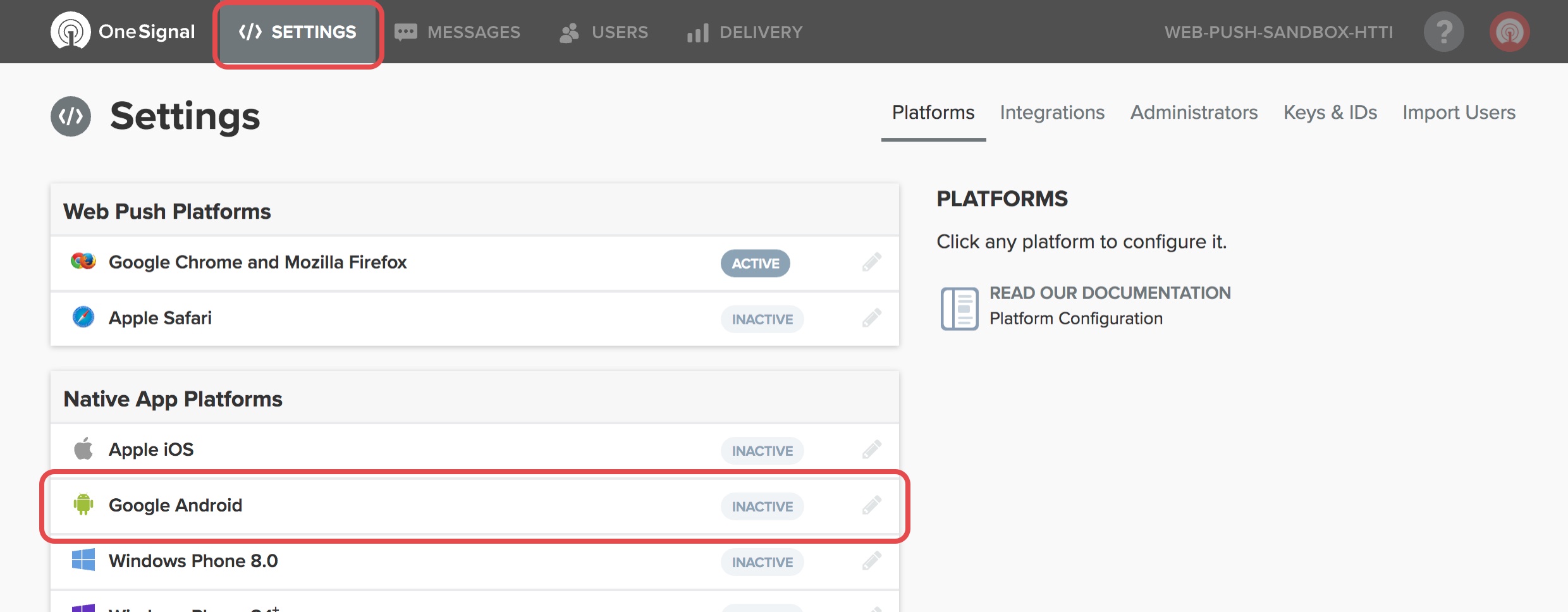- Generate Random Key In Firebase Keys Key
- Generate Random Key In Firebase Keys Download
- Generate Random Key In Firebase Keys Download
- Generate Random Key In Firebase Keys List
Join GitHub today
The all-in-one ultimate online toolbox that generates all kind of keys! Every coder needs All Keys Generator in its favorites! It is provided for free and only supported by ads and donations. Whenever we save data in Firebase, it generates a unique identification ID for each object. Sometimes it's hard to maintain or traverse the data on the basis of these randomly generated IDs, because the only way to access data in Firebase is via URL reference (refObject/books//title) for the particular node.

GitHub is home to over 40 million developers working together to host and review code, manage projects, and build software together. Openssl generate rsa key pair programmatically.
Sign upHave a question about this project? Sign up for a free GitHub account to open an issue and contact its maintainers and the community.
By clicking “Sign up for GitHub”, you agree to our terms of service and privacy statement. We’ll occasionally send you account related emails.
Already on GitHub? Sign in to your account
Comments
commented Jun 7, 2016
Angular: 1.5.3 Firebase: 3.0 AngularFire: 2.0.1 This is my old method: New method? |
commented Jun 7, 2016
There's no AngularFire code here. Not really sure how this relates to the bindings lib. For an example of the API usage of push(), see here. |
commented Jun 7, 2016
See here for the full list of changed methods. |
Generate Random Key In Firebase Keys Key
Generate Random Key In Firebase Keys Download
 This class provides the functionality of a secret (symmetric) key generator.
This class provides the functionality of a secret (symmetric) key generator. Generate Random Key In Firebase Keys Download
Key generators are constructed using one of the getInstance class methods of this class.
Generate Random Key In Firebase Keys List
KeyGenerator objects are reusable, i.e., after a key has been generated, the same KeyGenerator object can be re-used to generate further keys.
There are two ways to generate a key: in an algorithm-independent manner, and in an algorithm-specific manner. The only difference between the two is the initialization of the object:
- Algorithm-Independent Initialization
All key generators share the concepts of a keysize and a source of randomness. There is an
initmethod in this KeyGenerator class that takes these two universally shared types of arguments. There is also one that takes just akeysizeargument, and uses the SecureRandom implementation of the highest-priority installed provider as the source of randomness (or a system-provided source of randomness if none of the installed providers supply a SecureRandom implementation), and one that takes just a source of randomness.Since no other parameters are specified when you call the above algorithm-independent
initmethods, it is up to the provider what to do about the algorithm-specific parameters (if any) to be associated with each of the keys. - Algorithm-Specific Initialization
For situations where a set of algorithm-specific parameters already exists, there are two
initmethods that have anAlgorithmParameterSpecargument. One also has aSecureRandomargument, while the other uses the SecureRandom implementation of the highest-priority installed provider as the source of randomness (or a system-provided source of randomness if none of the installed providers supply a SecureRandom implementation).
In case the client does not explicitly initialize the KeyGenerator (via a call to an init method), each provider must supply (and document) a default initialization.
Every implementation of the Java platform is required to support the following standard KeyGenerator algorithms with the keysizes in parentheses:
- AES (128)
- DES (56)
- DESede (168)
- HmacSHA1
- HmacSHA256